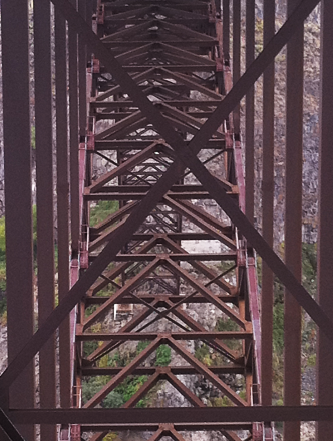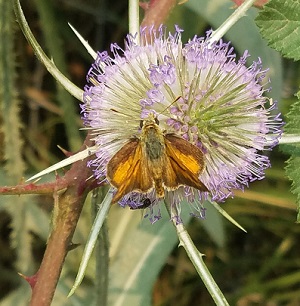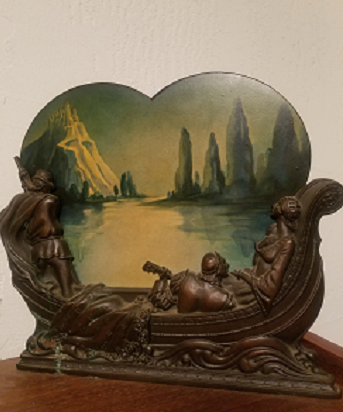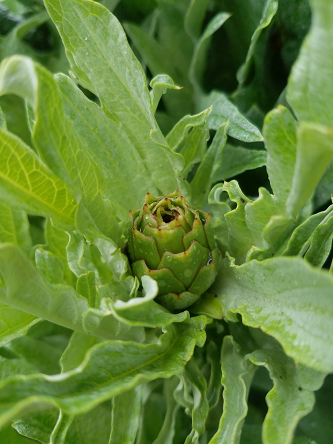
When campus clears out after fall term finals, I travel down to the university bookstore on the busy corner with the tavern across one street, the bus terminal across the other. It’s a three-story building with a take-away cantina and clothing franchise selling mascot-branded t-shirts, hoodies, and Mardi Gras beads on the ground floor. In the back are a greeting cards and novelty gifts such as college students might give each other. The upper floor carries textbooks, if those are still used in class anymore, the last sad calendars, and a few books by notable faculty. It’s not much of a bookstore anymore.
I turn left down the stairs to the basement.
The ceiling is low and the fluorescent lights glare a little too close over the shoulder. There is a vague aroma of copper and dust lingering on the last step. There is color and texture here in this silo hidden from the rest of the city in the depths of inks and oils. This is the art supply section for the earnest and ragged fringe of an educational corporation exalting in its athletes and MBA candidates. It’s probably the same on every campus. After finals, the floor is nearly empty except for the work-study student clerk.
There are inks here, pens with fine and ultra-fine tips, with caps or clickers to test the line on a notepad. There are Crayola watercolor pencils, pastels, sleeks sets of charcoals. I buy packs of blank hemp-paper cards with matching envelopes that serve for all occasions; I draw an image, scrawl a message, and attach sprigs of rosemary with tiny red clothespins to the face. I need a silver Sharpie, a metal ruler, and more tiny red clothespins.
There are sheaves of handmade papers embossed with gold fans and silver wings. There is tangible tactility in the fibers of hand-bound empty books–here a pressed pansy or a whisper of dragonfly wing pressed between pages. I like to give these beautiful empty books away as gifts. There is implied within a promise of mystery and movement, some curving journey into or out of the labyrinth. These empty books remain beautiful stacked on a dusty coffee shelf despite remaining unmarked by a searching hand. Trolls wait, perhaps, in the encounter with the blank page. Do we give the gifts we want, or the gifts we want for others?
[Memo to self: begin assembling the box of secrets my son swore to burn in a bonfire when I die.]




